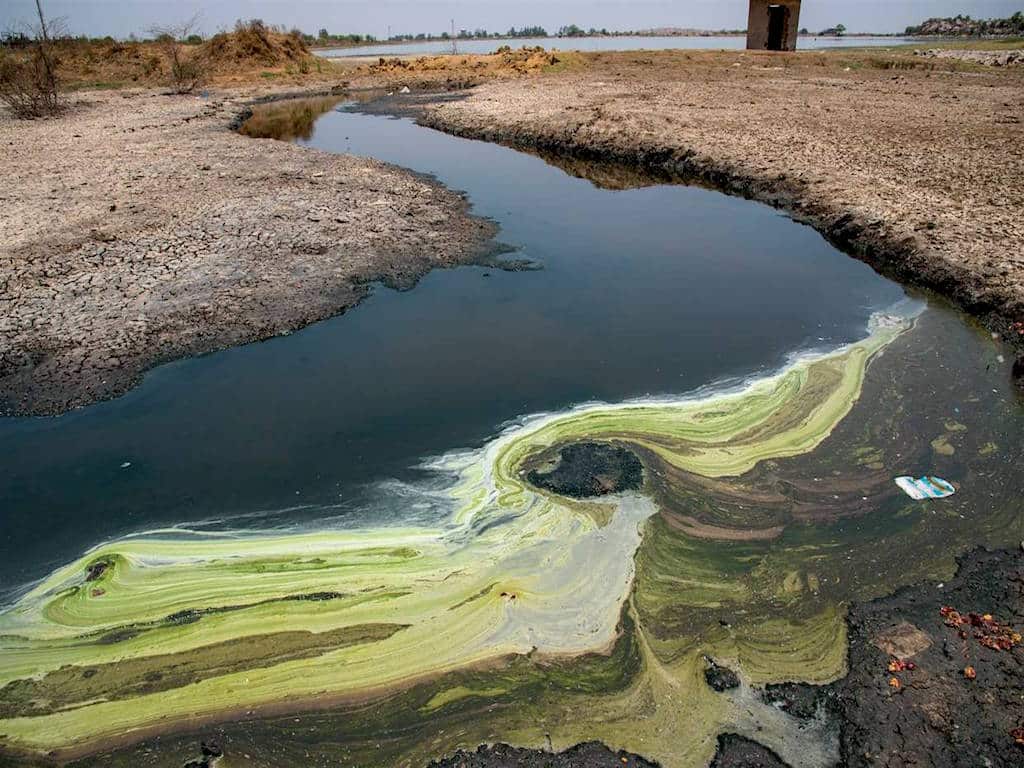Water pollution is a significant problem in Syria, with both surface water and groundwater sources being contaminated by a variety of sources.
One major contributor to water pollution in Syria is the lack of proper sewage treatment facilities. Many areas in the country do not have proper sewage systems, leading to raw sewage being dumped into rivers and streams, contaminating the water and making it unsafe for human consumption.
Industrial pollution is also a significant source of water contamination in Syria. Many industries, such as manufacturing and agriculture, release toxic chemicals and waste into the water, contaminating it and posing a risk to both human health and the environment.
Agricultural practices, including the use of pesticides and fertilizers, can also contribute to water pollution in Syria. These chemicals can runoff into rivers and streams, contaminating the water and affecting the local ecosystem.
Water scarcity is also a significant issue in Syria, with many areas experiencing prolonged droughts. This can lead to overuse of groundwater sources, leading to depletion and contamination of these sources.
Overall, water pollution is a major problem in Syria, with both human activity and environmental factors contributing to the contamination of water sources. It is important for the government and citizens to take steps to address this issue and protect the country’s water supply.
Image credit : Sally Ho



















